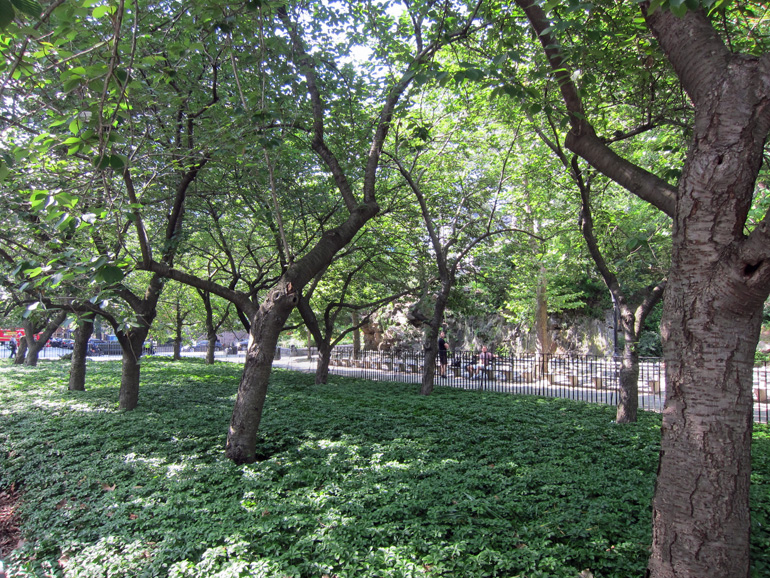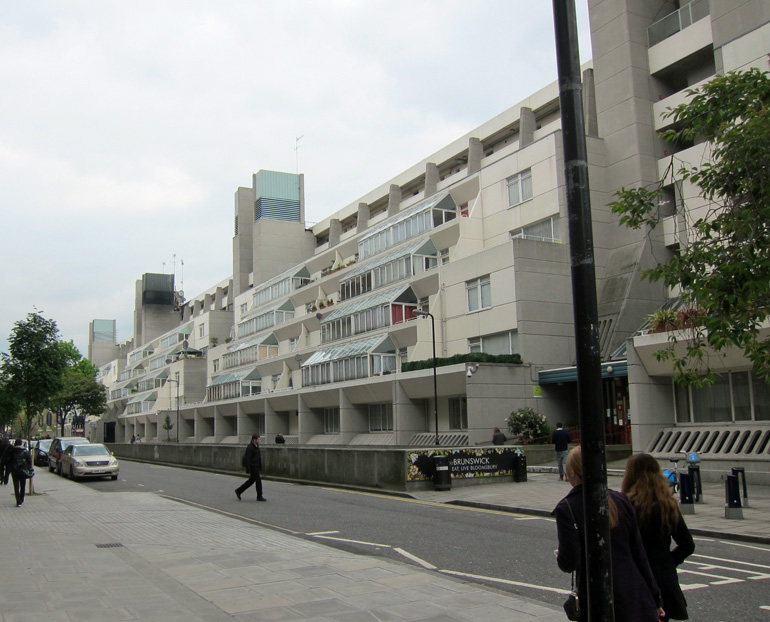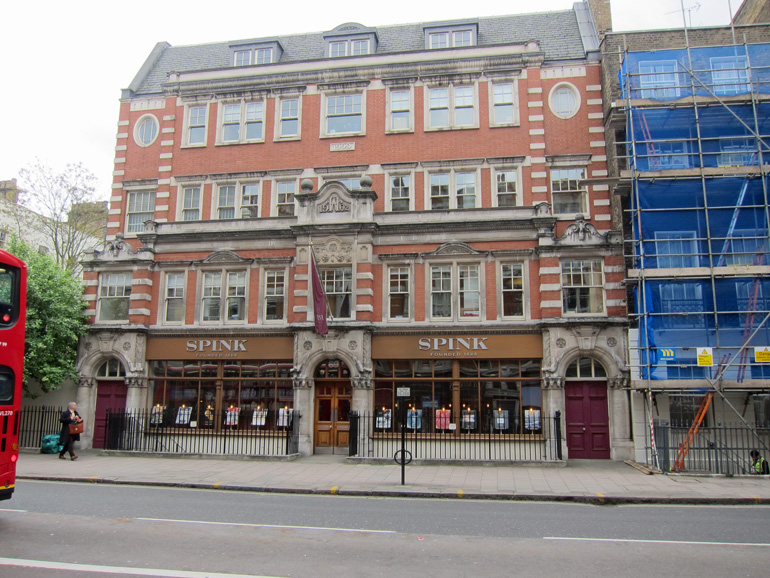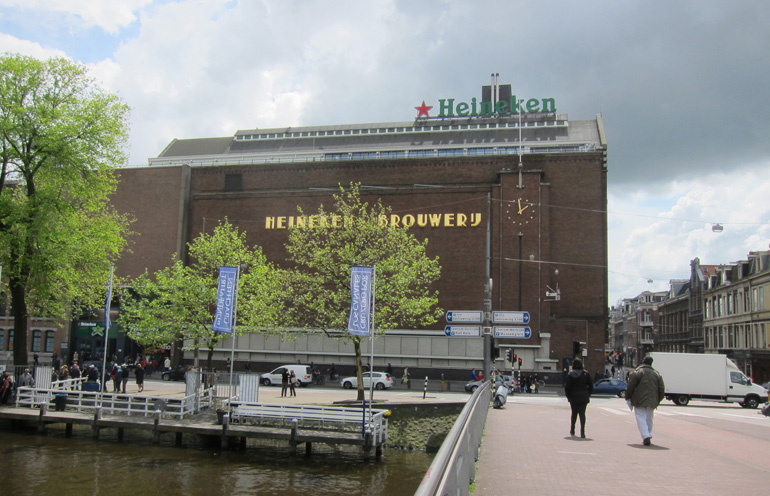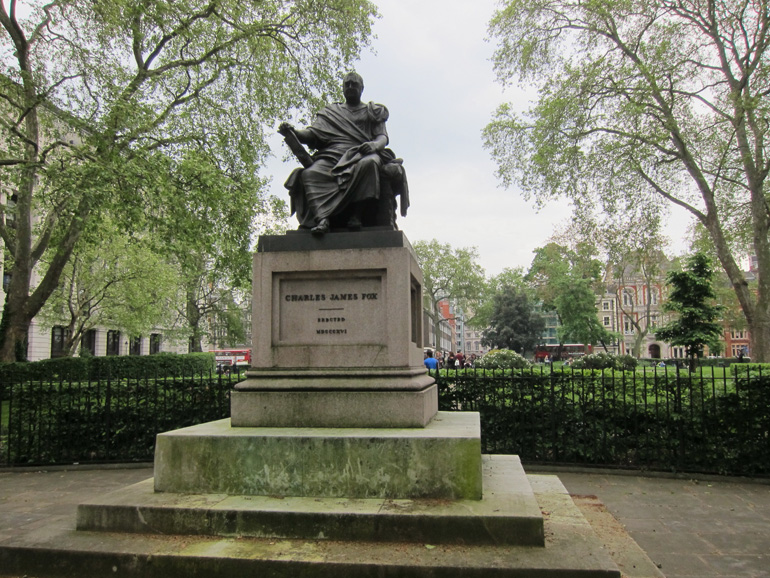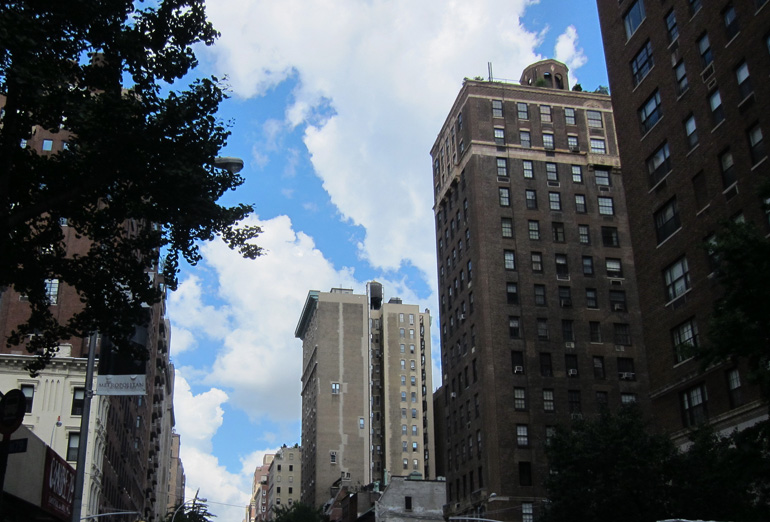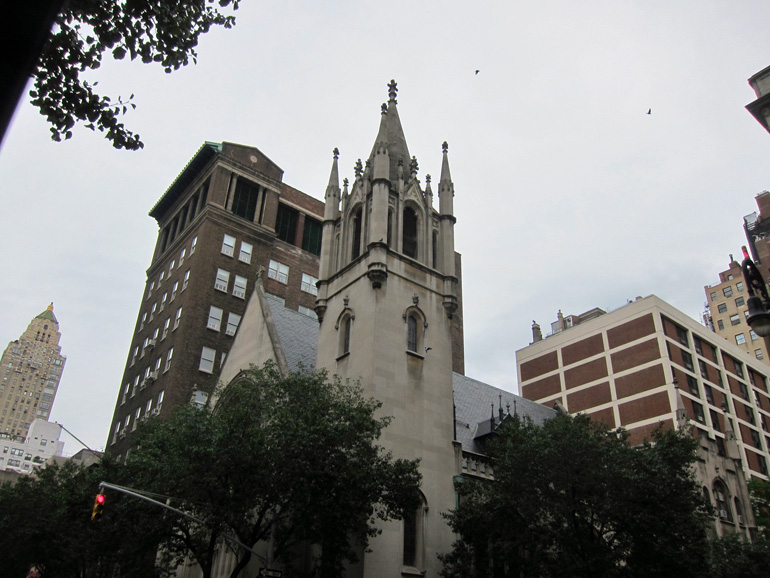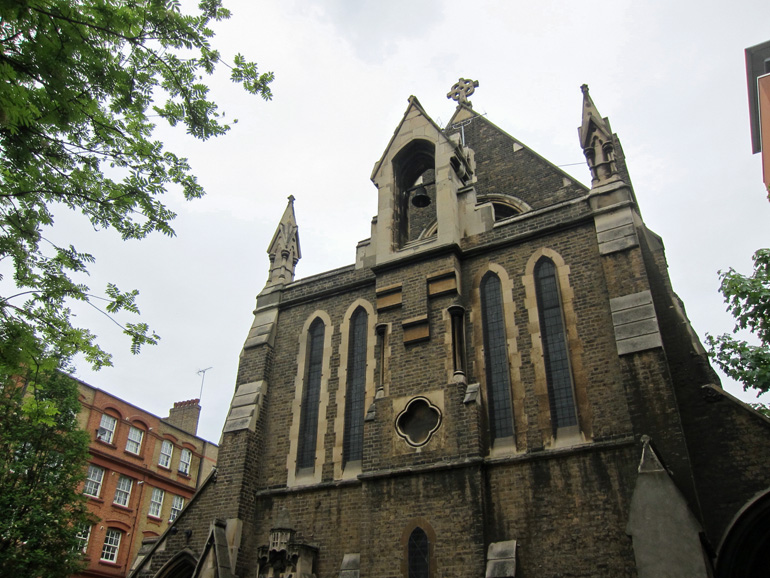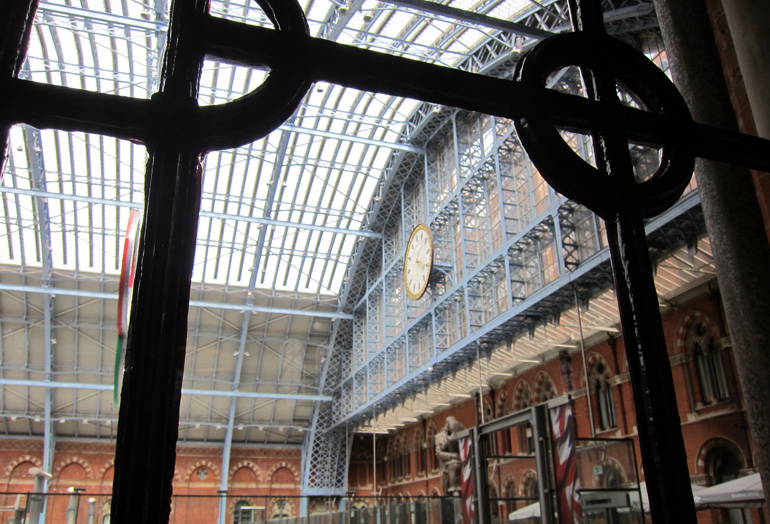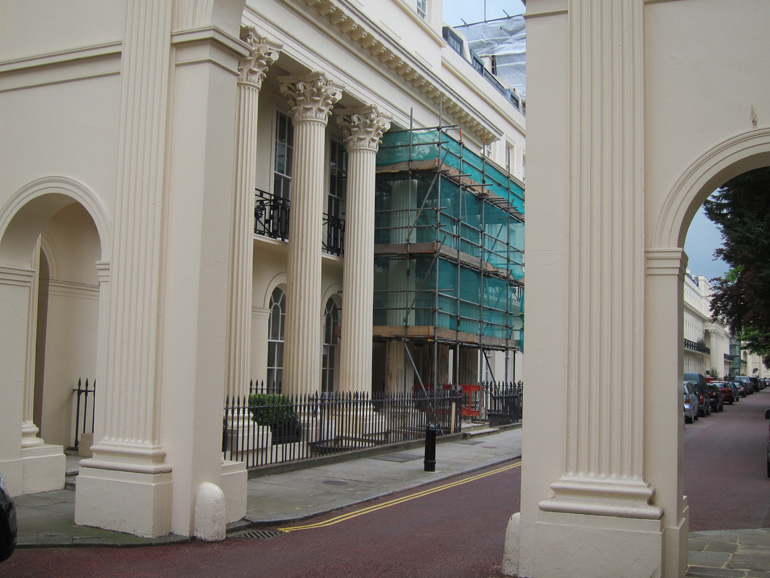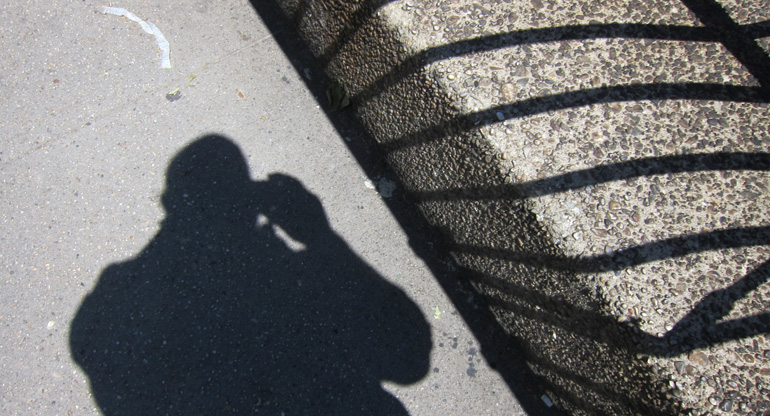
During last week’s trip, I squeezed in quite a lot of reading. I was running around as much as I could, seeing things — being places, mostly — but that left plenty of down time in which there was, for example, no housework to be done. I also got through a book on each flight. Going over, it was Paul Torday’s More Than You Can Say. Coming home, it was Denis Judd’s biography of George VI. In between, there was of course Nescio, which I wrote about at the time; Alan Hollinghurst’s The Swimming Pool Library, which I hadn’t read in over twenty years, and Joseph O’Neill’s The Breezes. The Breezes, an affable but sophisticated entertainment, read like the missing link that I hoped it would be, showing how the author of This Is the Life became the author of Netherland.
***
If I am wrong in saying that Paul Torday is unknown in American, then it is time to take my readerly radar in for major repairs. Having seen the movie on which his Salmon Fishing In the Yemen was adapted, I ordered it from Amazuke; but I also ordered another title, More Than You Can Say, despite knowing nothing about it. Despite knowing nothing about it, I grabbed it for my book bag as we were heading out the door. It turned out to be a fun read, but I could see why it hasn’t been brought out over here.
One of the satisfactions of British fiction is the much higher reach of genre: even novels of the best quality like to let you know, early on, what kind of story-time you’re in for, as well as what sort of other stories you’ll be reminded of. Torday is open, in his brief afterword, about the intention to honor the memory of John Buchan’s novels; what he doesn’t say is that he has also drawn on measures of Tom Sharpe and Ian Fleming. The resulting concoction is largely funny, but unafraid to be thoughtful and romantic by turns; and it spins a yarn of the finest wool. Aimed very much at male readers — our hero, Richard Gaunt, is an ex-army hunky hulk capable of great feats of prowess but also prone to witless blunders (Real Men are Dim) — the book exudes a faint but sly perfume, as of many effective tutorials at the knees of Harlequin Romance. We might also note that another of the author’s stated objectives was to make some noise about PTSD, at least as it has afflicted British veterans of the quagmire in Afghanistan; being British, Torday is able to deliver his doses of high-minded indignation in tiny shots of powerful implication, sparing us the pathological disquisitions that might have burdened a less talented writer.  Â
At the outset, Richard has lost just about everything — girl, money, family, career, self-esteem — but he remains sharp enough to win a pretty packet at a dodgy gambling club in Mayfair. One of the toshes whom he bests proposes a challenge that just might restore his losses, and our man is fool enough to bite: if Richard can walk to Oxford by lunchtime, his friend will double the winnings. Of course Richard can walk to Oxford by lunchtime. Or he could, if he were not ensnared in a nefarious terrorist plot along the way. (All terrorist plots are arguably nefarious, but this one sports a true Snidely Whiplash moustache.) By the end of the first chapter, Richard has been immured in the boot of a car, and the adventure is off an running. Whenever the author thinks that we need a little rest from the derring-do, Richard fills us in a little about how he came to lose his girl, his money, and so on. Torday works the formula for interleaving ongoing action with retrospective exposition as smoothly as if it had come to him in a dream.  The writing, while infused with Scout’s Honor, is self-effacing and expert. This is a great book for a transatlantic flight.
***
Denis Judd’s George VI was, I now see, an almost perfect complement to More Than You Can Say. It is also a crisply-written book about a shy and somewhat limited man whose determination to do his duty leads to heroic, if quiet, triumph. It’s been a long time since I dipped into Bagehot, but I found myself thinking that no one, not even the present Queen, so perfectly embodied the monarchical role that the famously unwritten British Consititution has left it to us to guess at. Judd is sympathetic to his subject but not indulgent, and he makes none of those claims, so tempting to writers about royals, of occult but powerful influence, tantamount to active political rule, that all sound minds must dismiss as daft fantasy. What happens, in the course of Judd’s portrait — which is also, implicitly, a portrait of Britain itself — is the development of an idea of monarchy that has nothing to do with power and everything to do with example. No one will deny that George VI, once he negotiated the hurdle of his stammer, set a fine example, but Judd tells us how he did it. “Although he lives his life in palaces,” Judd writes, “indulging aristocratic sporting tastes, he would have been perfectly content in a mock-Tudor semi-detached house with his family, his stamp collection and the radio.” But George did live in palaces, and he was a stickler for regalia and decorum, for proper uniforms and correct decorations, every inch the high priest of the cloudy creed of chthonic comfort professed by many Britons. That was his exceptional job, and he performed it exceptionally well. But as a man, he was just one of them.
***
Having just looked over the page at Portico in which I discussed Joseph O’Neill’s first novel, This Is the Life, several years ago, I see a few connections that didn’t occur to me as I read The Breezes, his second. There is the rebarbative romance, the love affair that seems all on one side — the man’s. (Indeed, even in the solid and richly accomplished Netherland, beside which the first two novels read like the work of a settled underachiever, the hero is engaged with a woman who has her doubts about his suitability for relationship purposes.) Then there is the domestic squalor that is scrubbed away at the end. In both novels, the big clean-up suggests not so much a resolve to create a new order as an acceptance of the old one: this is your world, mate, and you might as well keep it orderly. Dreams of being floated away to an easier life are abandoned.
What I didn’t need my write-up to recognize is that The Breezes also begins in Pooter-Carp territory. John Breeze begins by comparing his father to Wile E Coyote, in a tone suggesting that he, John himself, has his head more firmly screwed on. This is probably not the case, however, for, as we soon see, John’s life is going nowhere in a big hurry. I put it this way in 2008: “We have a narrator who at first seems ordinary and reliable but who presently betrays himself as not only unreliable but delusional.” If this does not really describe John Breeze, it is not because John is more clear-sighted than James Jones (of This Is the Life), but rather because O’Neill has changed the nature of the game that John has to play. If John is not unreliable or delusional, that’s because the world that he lives in isn’t very reliable or realistic, either.
The Breezes, John and his sister, Rosie, and their Pa, live in Rockport, which I took to be Cork (only it’s much bigger). Mrs Breeze died of electrocution by lightning some fourteen years before the story begins (John Breeze is now 25, Rosie a bit older), but O’Neill steadfastly resists the temptation to make something of this catastrophe. I picked up a hint, which may have been my own invention, that the woman was struck dead in the middle of an attempt to flee her family, but it was the merest whisper, and it didn’t seem to matter much, not in the world of Rockport. The good people of Rockport suffer the same range of afflictions visited upon human beings everythere, but there is something about the city itself that conceals this. It is as if the local boosters had not known when to stop playing with the contrast and saturation settings while PhotoShopping their publicity. There is an absurdity about Rockport that can be sensed throughout the novel, only once surfacing explicitly, in the following passage.
I looked out over Rockport, a model congregation of six hundred thousand human beings. I remembered a history schoolbook illustration of what it had looked like in the olden days, a sea-threatened hamlet hulked over by rain and hills, with a boundary wall raised miserably against vehement casual forces — invaders, flood, wolves, sea gales. A large shanty stood at the centre of the village and a thread of smoke climbed through the hole in its roof. That was where hopeful sacrifices were made in appeasement of the gods, where the population slept together in a warming pack, their bodies each other’s radiators, dreaming of security. Now the boot was on the other foot, no Rockport bossed the elements. The earth, the waters, the fires and even the mobile air had been harnessed like a team of horses and made to run and run, towing the city like a quick chariot. Energy! The metropolis, hot and kinetic, growled and twitched and glittered with its mutations. The traffic moved constantly through streets teeming with dynamized citizens, themselves yoked and consentingly driven by the strong flow of money. Such unity, such output: I could smell them in the industrial aromas that drifted up to me from below. Yes, Rockport had the whip hand now, Rockport had the power. There were no more wolves. Any animals that were not milked or eaten or kept as pets were designated as wildlife and preseerved for our enjoyment. The dangerous heaths had been turned into football fields, the dunes splashed delicately with the greens of golf courses, the sea tamed by breakwaters and looted steadily for fish and gases. Invasions were history, and hunger was history. Subsistence was no longer the aim of the game now; by such fabulous cities, we had minimum standards of welfare and economic safety nets — now we had surplus, and from that hilltop it looked as though the dream of security had been realized and wondrously surpassed. It looked as though we were home and dry.
Funny on its face, this passage is hilariously but screechingly at odds with everything that the Breezes experience every day, from unremitting traffic jams to “decruitment” at work, sans safety net. (Like “dynamize,” “decruitment” is a fabulously awful coinage.) Written when the Celtic Tiger was rampant, but it is impossible to read without sensing that Joseph O’Neill knew how curled up in shame the poor beast would be today. How can John Breeze be delusional in a delusional world? We have moved from the Trollopean sanity of James Jones’s London to the absurdity of Kafka’s Prague or, better still, to the nowhere of Samuel Beckett’s stage.
Before reading The Breezes, I could not see how Joseph O’Neill grew from his first novel to his third. It seemed rather that Netherland was an outgrowth of The Blood-Dark Track, O’Neill’s deeply engrossing family history. Also background for Netherland, there is “The Ascent of Man,” in Granta 72 (Overreachers), the account of O’Neill’s pro-bono work, whilst a barrister in the Temple, on behalf of a Trinidadian forester, Ramnath Harrilal. But between the two works of fiction there was a lacuna. Without The Breezes, it seemed that O’Neill had scrapped his initial approach to fiction and developed an altogether new one; junking the mechanics of satire, he grounded Netherland in real-world complexities. I see now that this is not quite what happened. What the satire gave way to was not, initially, realism, but absurdity: the large absurdity of civilizations that take themselves too seriously (or at any rate drink their own Kool-Aid), and the smaller absurdity of trying to capture life in words. Unlike Kafka and Beckett, O’Neill has the knack — perhaps it’s nothing but the force of a lower center of gravity — of appearing to make sense of the senseless, and there is no modernist “difficulty” about The Breezes. But the novel is nonetheless saturated in meaninglessness. In Netherland, this sense of absurdity has been completely metabolized, and rendered no longer notable: “how things are” is “absurd,” and the thought that they could be otherwise has been abandoned. In The Breezes, absurdity is still remarkable, as readers will find in the tall tale of John Breeze’s career as an artist, about which I shall not say another word.
If I haven’t said much about the story that Joseph O’Neill tells in The Breezes, that’s because it is an entertainment, as I say, and easily spoiled by discussion. If you can get your hands on a copy, read it and we’ll talk.

